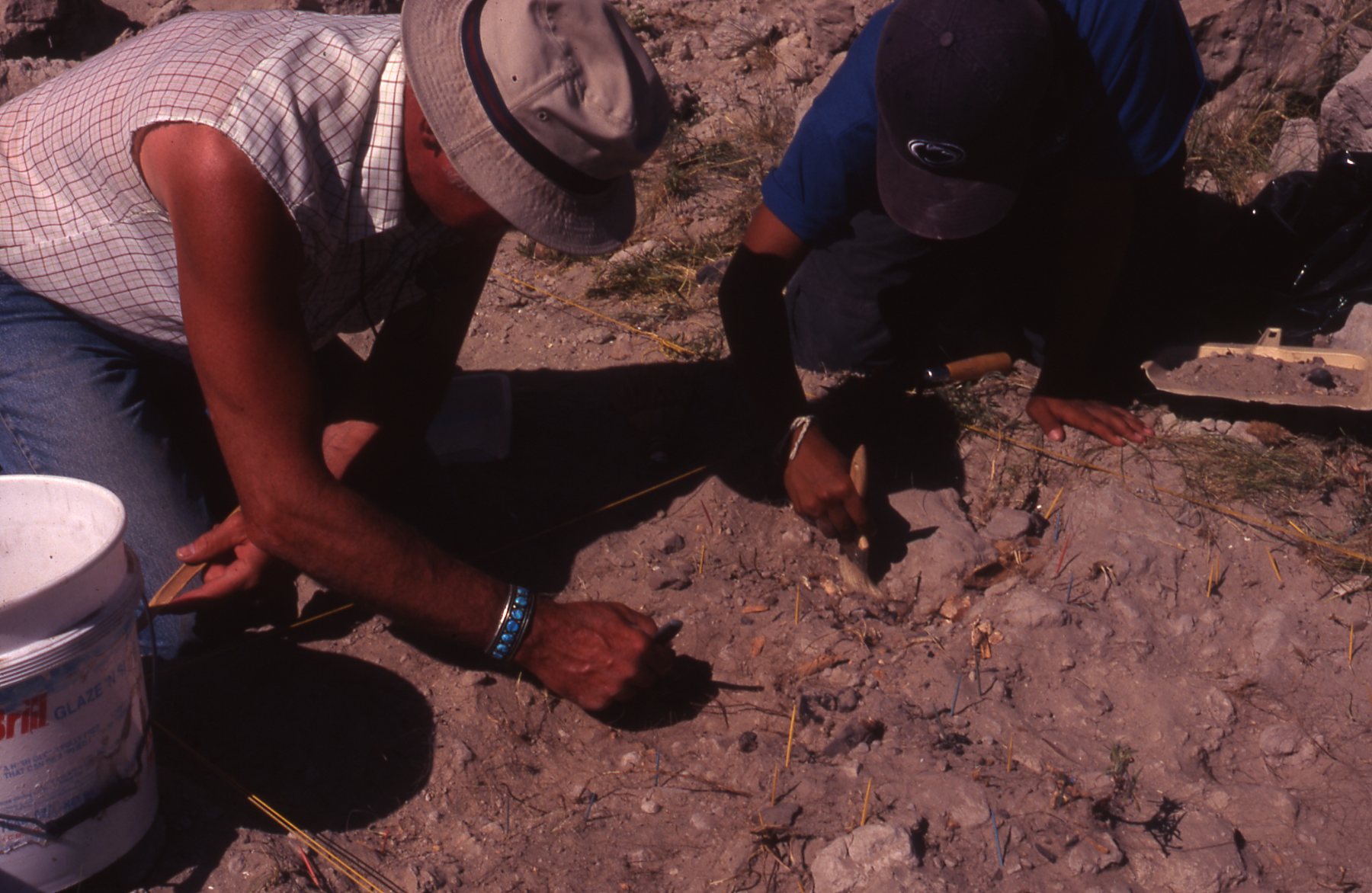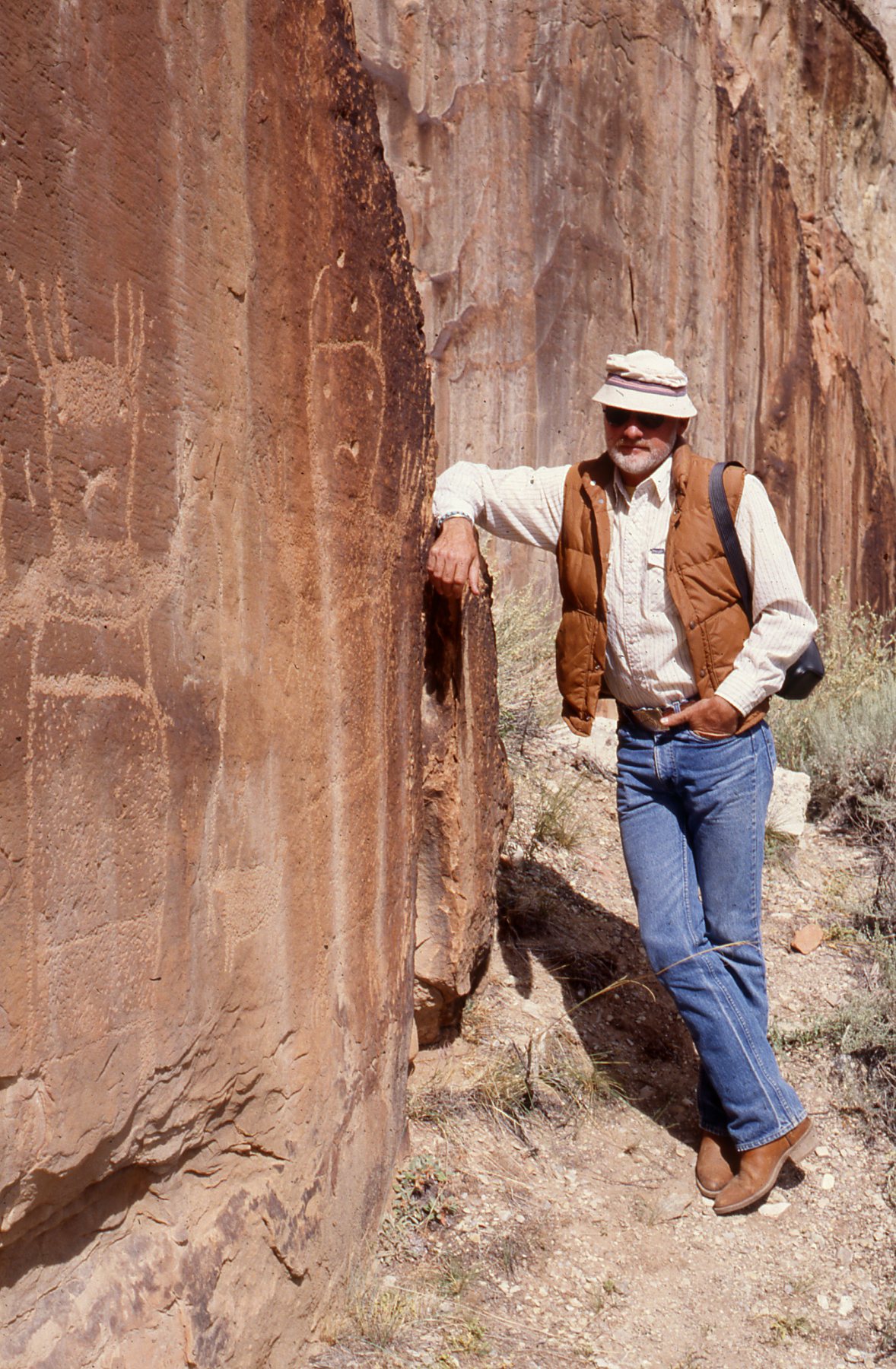Dr. Charles A. and Jason C. Reher Memorial Fund
Dr. Charles A. and Jason C. Reher Memorial Fund

Dr. Charles A. Reher
Charles “Chuck” grew up in Pine Bluffs, Wyoming. He earned his BA and MA (1970, 1971)
at the University of Wyoming. He was the very first graduate student in the Anthropology Department. After receiving
his PhD from the University of New Mexico, he and his family returned to Laramie in
1976 when he accepted a position at the University of Wyoming. His passion had always
been Plains Tribal Groups. His entire teaching career was at UW until his retirement
in 2014. He remained Professor Emeritus and was actively involved with graduate students
until 2022. Some of his proudest accomplishments while at UW were Director of Archaeological Field School Program,
Developer and Director of the Anthropology Museum and Dendrochronology Lab. He was
on the Anthropology Department Graduate Student Program Committee. In 2000, he received
the Excellence in Advising Award and the Top Professor in 2006. Education and guidance
of students was very important to him, he went above and beyond his entire career,
a career he truly loved. When losing their son in 2006, Chuck and his wife, Sandy,
started a scholarship fund in his name. When Chuck joined his son in 2023, his wife
and daughter changed the name to include him, continuing his legacy for teaching and
supporting students on their educational journey.


Jason C. Reher
Jason C. Reher, beloved son of Dr. Charles A. and Sandra Reher, loved working on archaeological
digs with his father and traveling the United States and England with his mother and sister. He went from playing
in ar- chaeology site backdirt piles with his trucks, to taking field classes, to
pro- fessional employment on site excavations. He loved skiing, and for at least one
day in 1986 he was the best cross-country skier in Wyoming when he won the Governor’s
Cup race. He could make stone tools, catch big trout, bowl a perfect 300, and install
and maintain whole computer systems (a degree in Electrical Engineering, systems manager
for a large ski area and hotel resort complex, or in charge of a whole region for
a large computer firm.) He was charismatic and kind and loved his cats. He is greatly
missed by all who knew him.






